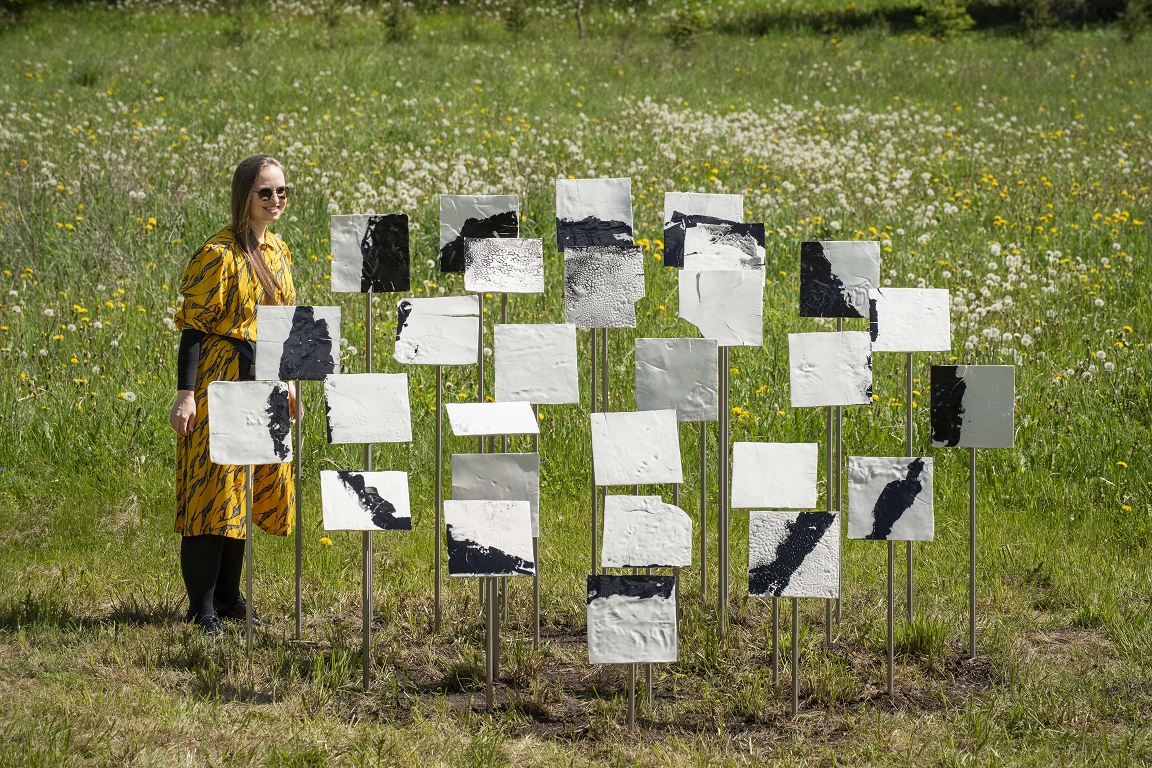Palestinian genocide: From the outskirts to the center of Israel’s political scene

On February 24, 2025, Nisim Vaturi, one of the Vice -Presidents of Knecet, of the Israeli parliament, called for all Palestinians to be killed in Gaza.
This statement of course remained unpunished.
In fact, genocidal rhetoric like this has become common in Israel.
However, As Tamil Sorek writes in The Conversation, Professor of the History of the Middle East The calls for the extermination of the Palestinians did not merely come from the violence of 7 October 2023.
They date from the 1930s, and have gained momentum as the prospects for peace collapsed in the 1990s, the existential anxiety of Israelis increased and religious Zionists gained greater political force in the 21st century.
Colonial concerns
The appeals for the elimination of the Palestinian presence date before the official establishment of Israel in 1948.
When Zionist immigration began in the area in the late 19th century, less than 10% of the population were Jews.
The indigenous population was a fundamental obstacle to the establishment of a Jewish state.
The founders of Zionism discussed openly ideas for the relocation of the Palestinians, which was usually presented as a voluntary.
These ideas are not particularly different from Donald Trump’s proposal to move Palestinians from Gaza to other countries.
However, attempts to expropriate the majority of indigenous populations are usually violent by their nature and almost always find resistance.
For example, clashes took place between British settlers and indigenous Americans in the 17th century, between Dutch settlers and tribes of South Africa in the 17th century and between Chinese Han and Tibetans in the 20th century.
Biblical stories of genocide
In Israel, there is a story of biblical justifications of violence and genocide.
This type of rhetoric increases and decreases over time.
It will often be marginalized in times of relative peace, but it will move to the prevailing trend in times of violence and existential anxiety.
Most of the precursors of modern political Zionism adopted important Jewish symbols and treated Jewish tradition and religious texts as a source of inspiration.
This created an opening for political leaders to use biblical texts to promote political objectives.
Illustration by Phillip Medhurst Collection, which represents Jesus of Shipwreck fighting against the Amalikites
The Bible contains some explicit extermination narratives.
The best known is the story of Amalik, a nomadic people identified as the main enemy of the Israelites.
It is reported that Moses ordered the Israelites to « eliminate Amalik’s memory from under the sky ». The Israelites are arranged: « You will not leave a single soul alive. Destroy them completely. «
During the Arab Israeli war in 1948, Israeli army officers distributed texts to the soldiers who wrote: « During the biblical times, Saul exterminated all Amalik, men and women, young and old, and even sheep and sheep. »

About 750,000 Palestinians were displaced by their homes in 1948. History/Universal Images Group via Getty Images
Messianist forces
After the Arab -Israeli war of 1948, this kind of religious justification returned to the sidelines.
However, decisive military victories took place during the Arab -Israeli war of 1967 for the Israeli conquest of sacred sites in the West Bank.
Many religious Zionists perceived military victories as miracles.
For religious Zionists, the state of Israel is a sacred venture.
After 1967, religious settlers were strengthened. Groups such as Gush Emun pressed the government to settle the recent occupied territories, which included the West Bank and the Gaza Strip.
For these religious Zionists, the settlement plan is not just a grab of land: they take land promised by the Bible.
Existential fears rise
In the 1990s, calls for extensive violence were marginalized as there was hope for political compromise.
Following the failure of the talks, however, the ideas of the religious Zionists continued to migrate to the political center, especially during and after the Palestinian uprising known as the second Intifana.
The uprising that took place from 2000 to 2005 and included a series of suicide attacks in Israeli cities, deepened Israel, causing the reappearance of a deep existential concern.

Consequences of the suicide bomb attack on Haifa Bus 37 in 2003 committed by Hamas (1).
Without a peaceful solution to the horizon, Israeli and Palestinian personalities who saw politics through a theological context continued to accumulate power.
In 2014, Ailet Sakent, then a member of the Kneset and later Minister of Justice, shared an article on social media that read:
« The Palestinian people have declared war on us and we must pay back … and in wars the enemy is usually a whole people, with their elderly men and their wives, its cities and villages, their property and infrastructure. »
The perfect storm
The government formed in Israel after the 2022 elections was unprecedented.
For the first time in the history of the nation, the government was dependent on supranationalist religious factions, such as the one called Jewish power.
The party has three official rabbis advising its politicians. One of them, Dov Lor, is a prominent supporter of the idea that the Palestinians are Amalik.
When Hamas’ attacks on October 7, 2023 rekindled the deep -rooted fears of Israelis for extinction, calls for indiscriminate revenge became stronger.
As Rabbi Eligahu Mali, head of a military program for religious students in Jafa, said in March 2024:
« If you don’t kill them first, they will kill you. Today’s terrorists are the children of the previous business, which you kept live, and it is women who produce terrorists … « .
https://www.youtube.com/watch?v=3dhjbzwzqek
Widespread
These statements coincide with a gloomy reality.
Of the October 7 attacks, Israeli retaliation in Gaza have claimed the lives of more than 64,000 Palestinians.
In the meantime, large parts of the Israeli public seem to support the massive expulsion of the Palestinians according to a recent publiccopic assigned to the Israeli publication company Geocartography.
In the representative sample of Jewish Israelis asked from March 10-11, 2025, 82% supported the forced expulsion of the Gaza population in other countries, while 56% approved the expulsion of Israeli citizens.








